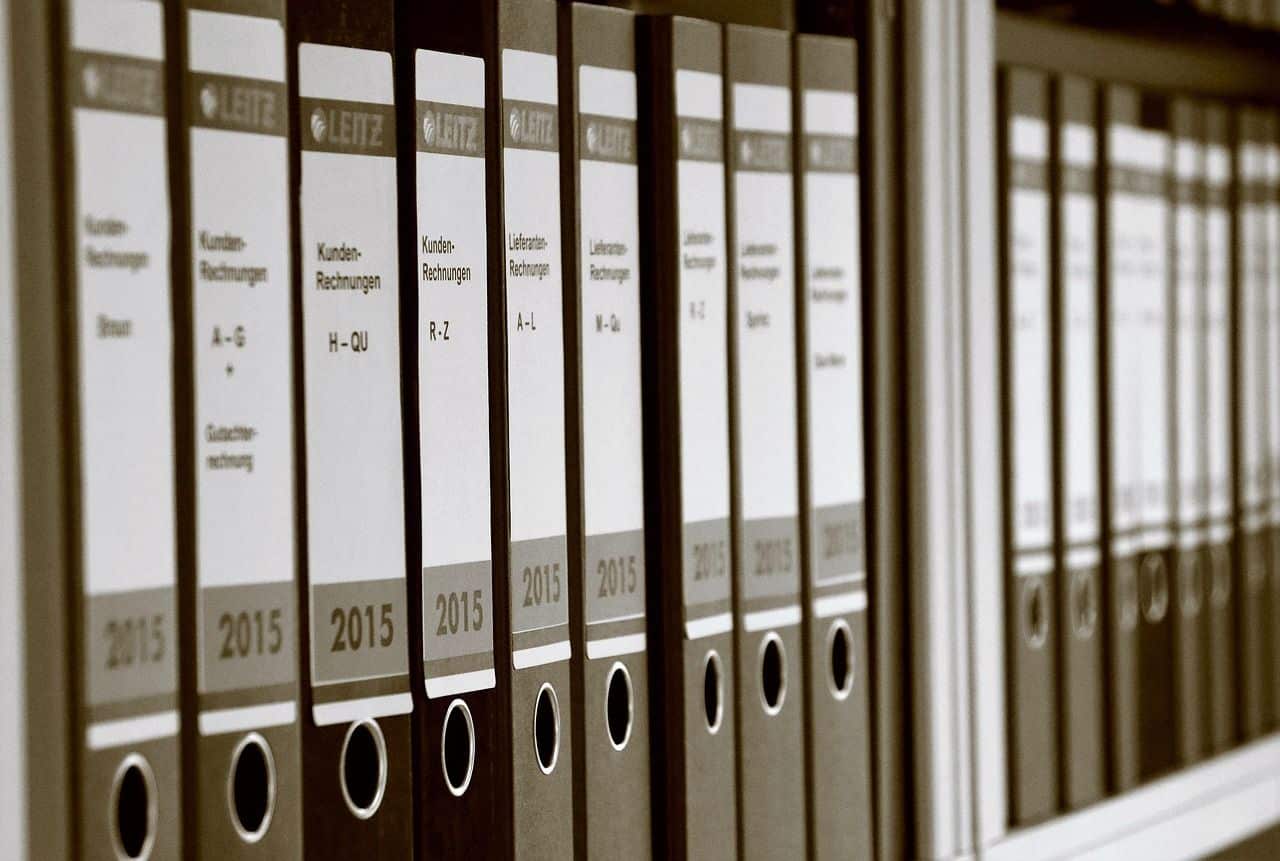Here’s the translation into American English:
—
The timeline for the implementation of electronic invoicing in Spain is progressing, although the approval of a final regulation is still pending. According to Law 18/2022 on Business Creation and Growth, a framework has been established that will make the issuance and receipt of electronic invoices mandatory in phases until 2026, depending on the billing volume of each taxpayer.
Starting in May 2025, companies with annual revenues exceeding 8 million euros will have a 12-month adaptation period from the publication of the corresponding regulation. On the other hand, small businesses and freelancers will have a broader timeframe of 24 months, meaning they must comply with this regulation starting in July 2026.
The regulation, whose specifications are crucial for implementation, will include technical details on the standard invoice format, interoperability between systems, and the required verification mechanisms. Although it has not yet been approved, its publication is expected in the near future.
To meet these requirements, professionals will need to use invoicing software that ensures the authenticity and integrity of the documents. Additionally, they will have to report the status of each invoice to the Tax Agency within a maximum of four calendar days from its issuance. One notable solution being promoted is the VERIFACTU system, spearheaded by the Tax Agency, which will allow freelancers and micro-enterprises to issue electronic invoices for free up to a limit of 100 documents per year.
Non-compliance with the regulations could lead to economic penalties reaching up to 10,000 euros, especially in cases of resistance to digitalization or document forgery. To facilitate this transition, the government has enabled public aid lines, such as the Digital Kit, aimed at subsidizing the adoption of digital tools among freelancers and small businesses.
In this context, the company Redkom has intensified its efforts in advising businesses and independent workers who need to adapt their invoicing systems to the new requirements. Based in Madrid, Redkom is developing personalized and scalable solutions that cater to both small businesses and more complex structures. The company has also updated its electronic invoicing section on its website, reflecting the latest legislative advancements that will affect freelancers and small businesses across Spain.
Referrer: MiMub in Spanish
